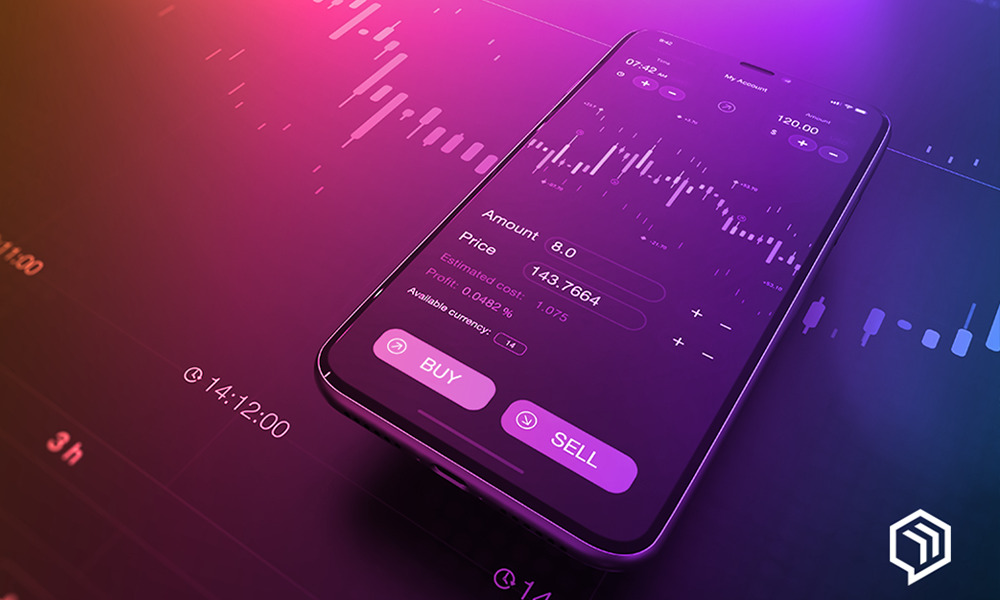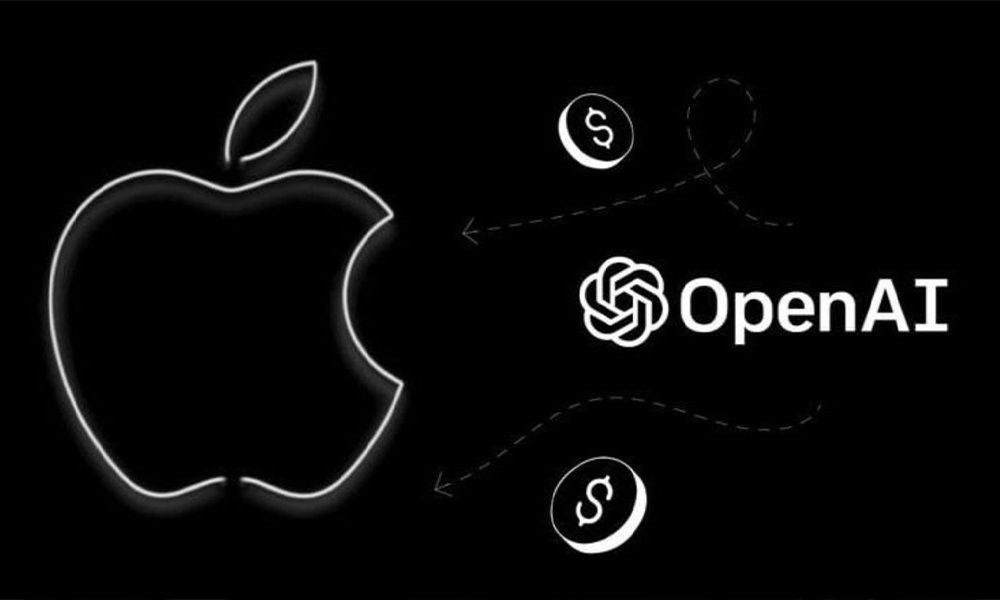It’s no secret that the cryptocurrency market is increasing in popularity, and continues to grow in size globally. Crypto exchanges are a vital part of this rapidly emerging crypto ecosystem. Crypto exchanges are places where traders and investors can buy, sell, and otherwise trade digital assets (mostly cryptocurrencies) for other digital assets, fiat currency (like the US dollar), or a combination of both. Whether you are making your first crypto purchase or you’re a seasoned trader, knowing what crypto exchanges are and which ones are the best for various trading types is critical information. In this quick start guide, we cover these important questions and outline some of the options for getting started.
What is a crypto exchange?
Crypto exchanges work in a similar way to stock market exchanges in that prices are based on supply and demand, and they are also similar to online stock brokerage platforms in that you can log in to see price data, charts, latest news, and other information on the asset before you transact. Owing to the boom in popularity of trading cryptocurrencies in recent years, the number of exchanges is growing somewhat exponentially; CoinMarketCap is tracking 311 of such exchanges as of December 2021, and more are emerging on (seemingly) a weekly basis.
Despite some surface similarities, switching from the stock exchange to cryptocurrency might feel a bit daunting. New terminologies, such as cryptocurrency exchange, hot wallet, and cold storage are thrown around in conversations, and it is unsurprising that many people feel left behind. Even if you are already familiar with all of that, though, there are still other peculiarities and oddities that pertain to this specific type of digital transacting. The good news, however, is that the whole process is simplified by crypto exchanges.
As mentioned, cryptocurrency exchanges work somewhat similarly to online stock brokerage platforms where users deposit fiat currency like the US dollar or Japanese Yen and then make purchases of cryptocurrency with that fiat. Once the user owns some cryptocurrency, they can keep it in their crypto wallets (either on the exchange or in a separate personal wallet), hold it to see what happens to the price in future, trade it for other types of crypto or fiat currency, and even earn interest on the funds, depending on the exchange.
The two main types of crypto exchange are ‘centralized’ or ‘decentralized’.
Centralized exchanges
Centralized exchanges are private technology companies that provide the software (usually a platform) and the data to be able to buy, sell, trade, and sometimes store cryptocurrencies. The most well-known platforms in this category are Binance, Coinbase, and Kraken. When you register with a centralized exchange, you have to register an account and provide identification and other personal information so that the companies can comply with the relevant Know Your Customer regulations, if applicable.
The benefits of centralized exchanges are that they are widely accessible, easy to use, free to register on, relatively low cost to trade on, and – for the most part – highly secure systems. With your crypto traded and often stored on the same server, most traders (at least in the beginning) will not have to worry about hard storage.
One potential drawback of centralized exchanges is that they are, to some degree, at odds with the decentralization values of cryptocurrency in general. In having to provide your personal information and identification, you lack the privacy of decentralized frameworks. Similarly, in having to use custodial wallets on these platforms (rather than your own crypto wallets), you lack powers that you would ordinarily have in a completely decentralized system.
For most traders, though, the trade off (excuse the pun) is worth it. With centralized exchanges, you get the platform, tools, data, and liquidity you need to trade the crypto markets securely and conveniently, even if, in principle at least, the platform technologies themselves do not meet the lofty goals of decentralization.
Decentralized exchanges
As with centralized exchanges, on a decentralized exchange you can buy, sell, trade, and sometimes store your cryptocurrencies, and many platforms offer the necessary tools and data to enable quick and informed trading. That is about the extent of the similarities, however.
Decentralized exchanges do not exist on one central server; instead, like the blockchain, they are distributed systems across multiple computers, and if one computer goes down or is otherwise compromised, the rest of the system can either operate independently of that computer or the data can be corrected should an unauthorized change occur. Because of this decentralized nature, it is very difficult to hack the exchange successfully, which makes the cryptocurrencies on that exchange much more secure.
Lacking a central authority, these exchanges cannot be subject to government oversight or regulation (unlike centralized exchanges, which must comply with countless international, national, and local laws on the subject). Depending on your own personal views of the utility of government regulation, this could be seen as a good or a bad thing. But one thing is for sure: in decoupling the exchange from the scope of regulation in this manner, the exchange is able to operate per the wants of its members, and in this respect is much more aligned with the principles of decentralization.
What is the best crypto exchange?
In general, the best cryptocurrency exchanges facilitate the purchase, sale, and trading of cryptocurrencies with low fees and robust security features. In comparing the exchanges, make sure you look for well-known secure exchanges that support the currencies you wish to trade, and make sure you’re aware of all the processes and fees for storage, withdrawal, and trading as applicable.
Here are some other factors to consider:
- Regulation: As mentioned, centralized exchanges are subject to government regulation, whereas decentralized exchanges are not. While this does not really affect your experience as a trader on a daily basis, it may well affect you significantly in certain circumstances. If you use a centralized exchange and the regulations change, for example, you may have trouble trading or accessing your funds until the company has made changes to ensure its compliance with the law. This would not happen on a decentralized exchange, but that doesn’t necessarily mean decentralized exchanges are better. With no regulation whatsoever, decentralized exchanges are subject to the will of their members, and that can result in events that usually regulation would protect you against (such as unhealthy competition).
- Insurance: Some platforms – typically centralized ones – offer insurance in the event of something going wrong. If this matters to you, make sure you find a platform that offers this type of protection, and importantly, ensure you understand which situations are actually covered by that insurance. Many platforms will not insure you against events that are not the fault of the platform, so it’s not a complete failsafe against loss.
- Accessibility: The cryptocurrency markets operate around the clock, so with crypto you are typically aware of market movements 24/7. If you’re thinking of trading on the go, you’ll need a platform with a mobile app. What is more, that mobile experience must be high quality. There is nothing worse than being caught in a trade you don’t want to be in anymore because your technology isn’t letting you get out, so make sure you check online reviews before you commit to a platform.
What is the biggest crypto exchange?
As of December 2021, Binance is the biggest cryptocurrency exchange in the world, with approximately $30 billion traded every 24 hours, 32 million weekly visits, and 406 tradable coins, according to CoinMarketCap.
Which crypto exchange has the lowest fees?
Generally speaking, you can determine the cheapest platforms to trade on by comparing the platforms’ taker fees. On taker fees, Bibox, Binance, Coinspot, HitBTC, and Kucoin are the cheapest with 0.1% taker fees, as opposed to the 1.49% taken by Coinbase, for example. That said, uncovering which crypto exchange has the lowest fees overall is a difficult task. This is because comparing fees between exchanges can sometimes feel like comparing apples and oranges – there are so many elements that vary that you’re not really comparing the same thing each time.
When you do find platforms you want to compare, make sure you look at all the possible fees you could face by reading the small print. Typically, there are three main fee types to look out: deposit/withdrawal fees, trading fees, and leverage fees.
Where to find out more about crypto exchanges
Thankfully, there are ample resources online to help you choose a crypto exchange, but if you’re still not sure and you’d like help from an active and informed trading community, look no further than Traderverse. In addition to our extensive social networking ecosystem, we have resources and community discussions on the best crypto exchanges to use. For more information, sign up at Traderverse.io or join us on our Discord or Telegram group.

















